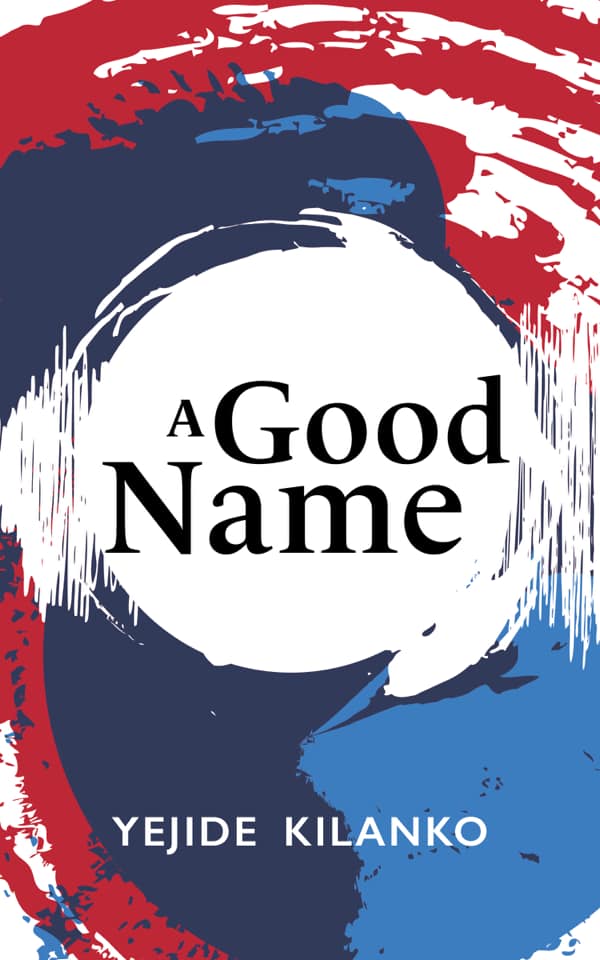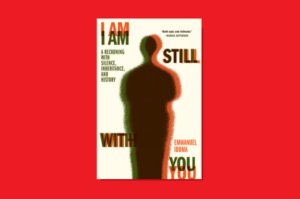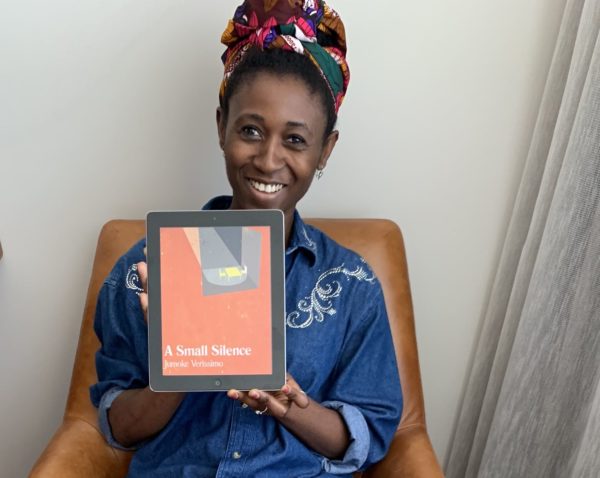
What I have always loved about Yejide Kilanko’s writing is the familiarity of her fictional worlds. Her characters are never distant or holier-than-thou. She creates them from what Wole Soyinka calls the common cloth of humanity. Elegant in their simplicity, the people in her stories get right to the heart of the human experience: the desire to escape harsh conditions, to be respected, to be seen. Reading her work has always made me feel the way I do when I read Petina Gappah’s work, like I’m watching my neighbors lead their lives. With her new novel, A Good Name published by Guernica Editions, Kilanko does not disappoint.
The novel tells the story of Eziafa, an Igbo man living in the US. When the story begins, Eziafa has just moved from Minnesota to Houston—a last-ditch effort to escape a 12-year rut, during which he has lived in the US with nothing to show for it. He is a man with broken dreams, crushed by disappointment, trapped at the very bottom of the social totem pole. In Houston, he gets a job as a taxi driver. With support from friends, it really does look like things might change for him. But, as he opens this new chapter in his life, Eziafa reasons that getting a wife might not be a bad idea.
In Eziafa’s mind, “there were two types of women. There were ones who were suitable for marriage and there were enchantresses who wise men kept as cherished lovers.” The two women in his life model this binary. Jovita, an American of Igbo descent, is the enchantress. Theirs is a classic love story. A man down on his luck meets a free-spirit who makes a strange unforgiving land feel a little like home. But, for all sorts of reasons that the novel brilliantly explores, it turns out that even though Eziafa loves Jovita’s carefree independence, he finds it suspicious.
Zina enters the picture looking like the suitable wife. She fulfills Eziafa’s patriarchal fantasies of a wife made in the image of his desire. She is plucked from a village in Eastern Nigeria against her will and brought to Houston to become a mule, essentially, for Eziafa’s dream of financial success. Eziafa plans out Zina’s entire life and tries to gaslight her into believing that his happiness should control the terms of her happiness. In the course of their marriage, he attempts to control her world—her time, her dreams, her money, her movement, even her body. But as Eziafa soon realizes, Zina has other plans for herself.
The novel explores the emotional and psychological cost of attempting to translate love across distances. It shows how love and romance filtered through patriarchal ideals can complicate the immigrant experience. I enjoyed reading it. The characters’ lives sucked me in pretty quickly because of how emotionally authentic Kilanko makes them. The fact that the novel is heavy on dialogue is, surprisingly, one of its strengths. Kilanko has the rare gift for scripting dialogues in bursts of rhythmic banter, adding to the intense chemistry among the key characters.
A Good Name is a smooth, easy read, the kind of book you curl up on the couch to read, with or without a glass of wine to get you in the mood for some drama-filled love story featuring a powerful female character.
***********
Preorder A Good Name: Amazon








COMMENTS -
Reader Interactions